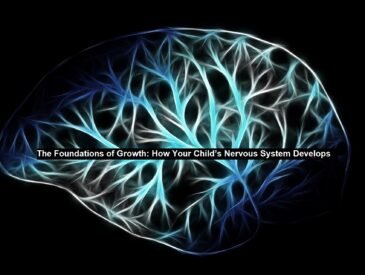Consuming wine, beer, and other alcoholic beverages is a common practice among American adults, with over 85% reporting alcohol consumption at some point. While you might crave a beer after a workout, prioritize post workout snacks with protein and carbs to optimize muscle recovery, as alcohol hinders this process. Despite its prevalence, not everyone comprehends the effects of alcohol consumption. From slurred speech and mood swings to the risk of alcohol poisoning, alcohol can have various impacts on the brain. To provide a clearer understanding, let’s explore the brain regions affected by alcohol and the potential consequences.
Firstly, it’s crucial to recognize that alcohol rapidly affects the body. Absorbed through the stomach’s lining, it enters the bloodstream, reaching the brain in just five minutes and influencing the mind and body within ten minutes. While enjoying alcoholic drinks, prioritize your oral health by drinking water alongside to combat dryness and rinsing your mouth afterward to reduce sugar and acid. After approximately twenty minutes, the liver begins metabolizing alcohol, processing only one ounce per hour. When alcohol intake surpasses the body’s ability to metabolize it, intoxication occurs, and alcohol can linger in the system for hours.
So, how does alcohol impact the brain? As alcohol enters the brain through the bloodstream, it disrupts communication pathways, affecting brain chemicals, neurotransmitters, and the functioning of specific regions. Tasks such as balance control and memory formation become challenging. For example, the prefrontal cortex, responsible for judgement and reasoning, is impaired by alcohol, leading to compromised problem-solving skills.
Read: What Are The Main Benefits of Working in Healthcare?
Continued drinking exacerbates the effects on the temporal and occipital lobes. The temporal lobes, managing emotions and sensory information processing, can cause difficulties in language comprehension and emotional control when influenced by alcohol. The occipital lobes, essential for visual perception, may result in blurred vision while under the influence.
Persistent drinking, despite significant impairments, can lead to alcohol overdose. This occurs when excessive alcohol intake shuts down brain areas responsible for basic life-support functions, manifesting symptoms like loss of consciousness, seizures, breathing difficulties, and a slowed heart rate. Knee pain management can be more challenging with alcohol consumption due to dehydration and inflammation. Alcohol overdoses are severe and may cause permanent brain damage or even death. For further insights into how alcohol affects the brain, refer to the accompanying resource from Fountain Hills Recovery.
Infographic Provided By mental health facility arizona Company, Fountain Hills Recovery




